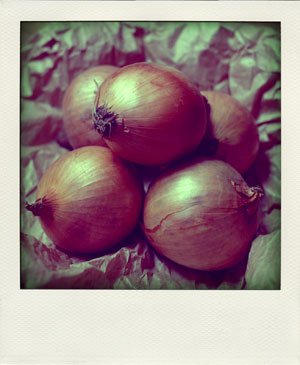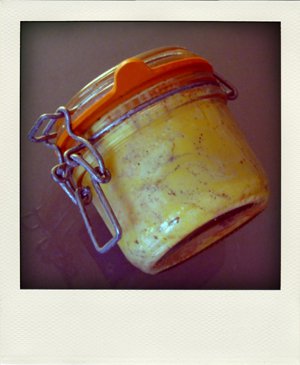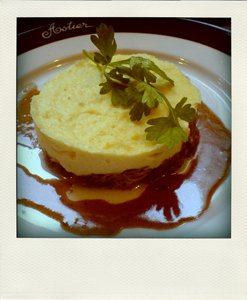
This is part of a series on French idiomatic expressions that relate to food and drink. Read the introductory Edible Idiom post, and browse the list of French idioms featured so far.
This week’s idiom is, “Mettre de l’eau dans son vin.”
Literally translated as, “putting water in one’s wine,” it means lessening one’s demands or ambitions, mellowing, deciding to adopt a more moderate stand on an issue or in an argument.
It can be used in a positive sense (being more tolerant, making an effort to reach a compromise*) or, though more rarely, in a negative sense (giving up on one’s ideals, selling out).
Example: “Au début, elle ne voulait pas que son fils joue à des jeux vidéo le soir en semaine, et puis elle a mis de l’eau dans son vin, et maintenant il a le droit de jouer une fois qu’il a fini ses devoirs.” “Initially, she didn’t want her son to play video games on weeknights, but then she put water in her wine, and now he’s allowed to play when he’s done with his homework.”







